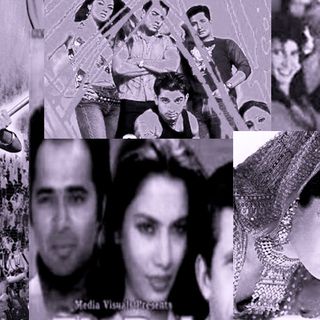In the age of social media, the venerable institution that is the Oxford English Dictionary, has realized that it can’t keep up with the ever-mutating lexicon of teenage slang. In a public appeal on Twitter, they have asked children and teens to use the hashtag #youthslangappeal to send examples of words they commonly use and their meaning. Adults can also contribute words they may have heard kids use, even if they don’t know their meaning. It seems like the lexicographers are updating the dictionary to now include words like ‘bare,’ ‘peng,’ ‘gucci,’ (not the brand), and ‘yeet.’ Which is helpful, if you — like me — have no idea what these words mean.
But this move is more than the efforts of an antiquated institution trying to keep up with the times — many of the words being used today, termed as ‘slang,’ hold entire histories within them. The effects of colonialism, and the ways cultural and linguistic influences from particular communities bleed into English, have expanded the otherwise stuffy language. For the OED to recognize that these words have value, to add them to a dictionary, is to preserve their histories.
Especially in India, language is often policed. The fluency with which you could speak English — and proper ‘Queen’s English,’ to be exact — is a marker of social class and a way to establish barriers within professional fields and maintain the status quo. From the country’s independence onwards, regional languages were deprioritized, as most of the lower and middle classes believed the only way to upward mobility was through giving their children an English education.
In opening its gates, the OED is expanding what language means, and who it’s meant for.
In their September 2017 update, the OED added 70 words “identified as distinctive to Indian English” from languages like Telugu, Urdu, Tamil, Hindi, and Gujarati. Now you can find the meaning of the word ‘Abba,’ ‘Anna,’ ‘timepass,’ ‘natak,’ and even ‘gulab jamun,’ in the dictionary. And perhaps, this bona fide acceptance might go some way towards reversing the unequal social currency of our words.
Language is never static — like a cell dividing itself, it is constantly getting updated. To recognise that, and to recognise the importance of preserving the journeys that words take to come into being…well, that’s pretty lit.




